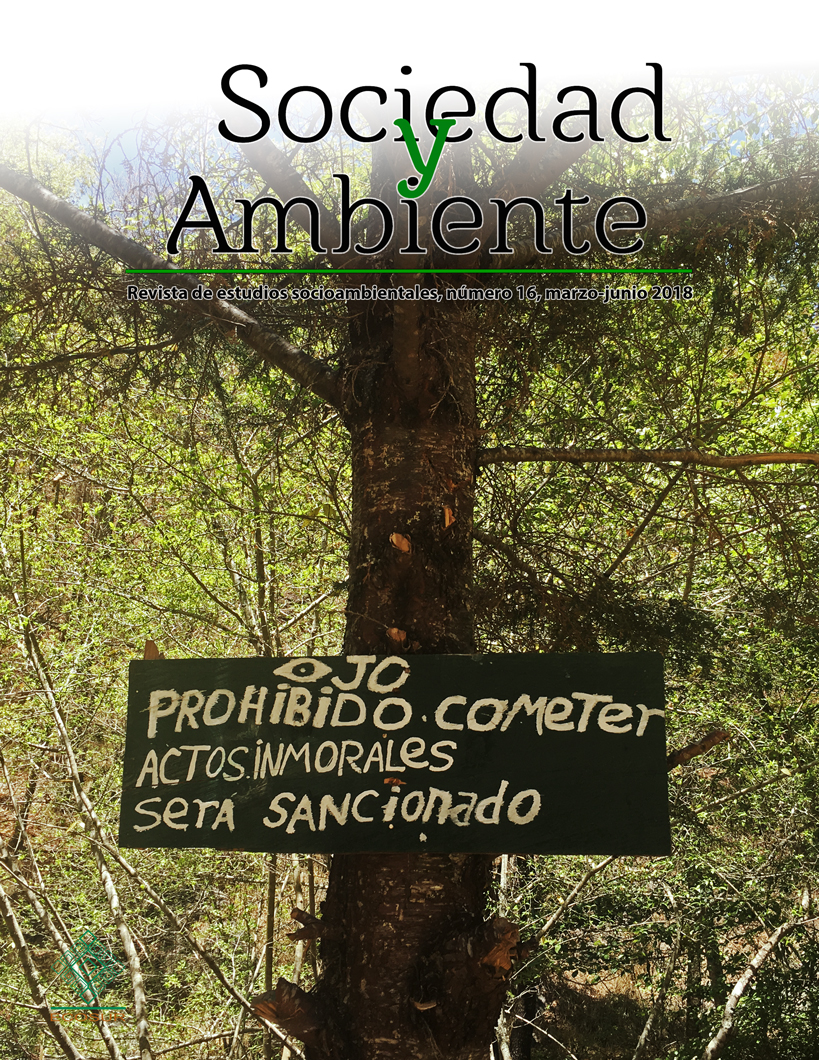Resumen
La pesca ribereña es una actividad compleja por los múltiples actores sociales que en ella confluyen y por los factores que la mantienen en una condición de incertidumbre. Sin embargo, cada vez se documentan más casos en los que la puesta en marcha de diversos procesos de innovación social, tales como los organizativos y los institucionales, contribuyen con el fortalecimiento de los sistemas de manejo pesquero. Este artículo tiene dos objetivos centrales: a) visibilizar y constatar la importancia de los procesos de innovación social, generados desde abajo (bottom-up), a partir del conocimiento ecológico tradicional de pescadores y buzos, y b) contribuir al análisis de estos procesos desde un marco teórico-analítico que pone énfasis en la dimensión social y cultural del manejo pesquero. El análisis se desarrolló desde la perspectiva de Sistema social-ecológico y la innovación social, enfatizando la dimensión cultural desde una metodología cualitativa y específicamente desde el método etnográfico. Se encontró que el conocimiento ecológico tradicional pesquero y el desarrollo institucional consuetudinario, tienen un peso fundamental en la creación, consolidación y replicación de un sistema de innovación social (el trasplante de erizo) en la pesquería comercial del erizo rojo. Este análisis es relevante porque enfatiza el aporte que los pescadores y buzos organizados tienen en el manejo de sus pesquerías. Se concluye que este proceso de innovación social desde los pescadores y buzos, contribuye a la sustentabilidad pesquera regional.

Sociedad y Ambiente cuenta con una licencia Creative Commons Atribución/Reconocimiento-NoComercial-CompartirIgual 4.0 Internacional


